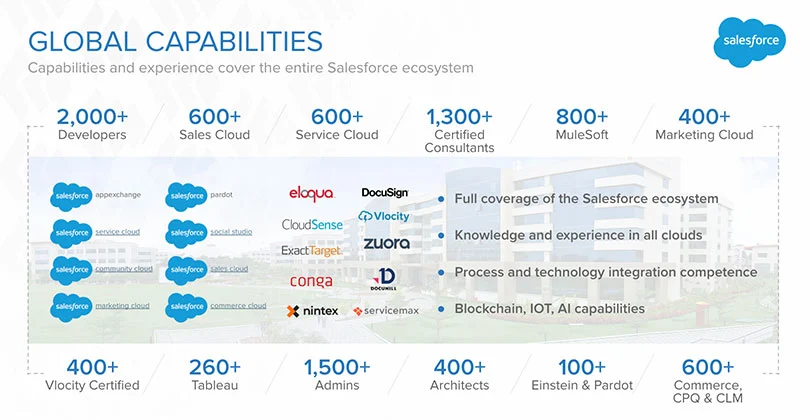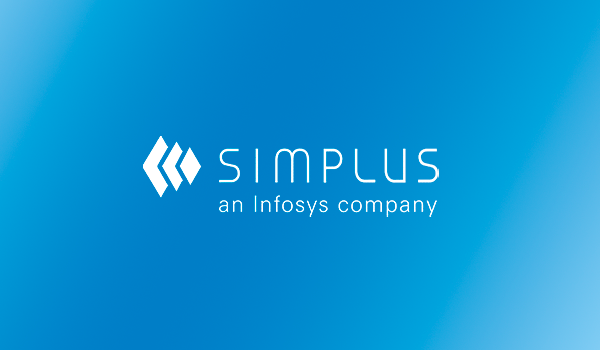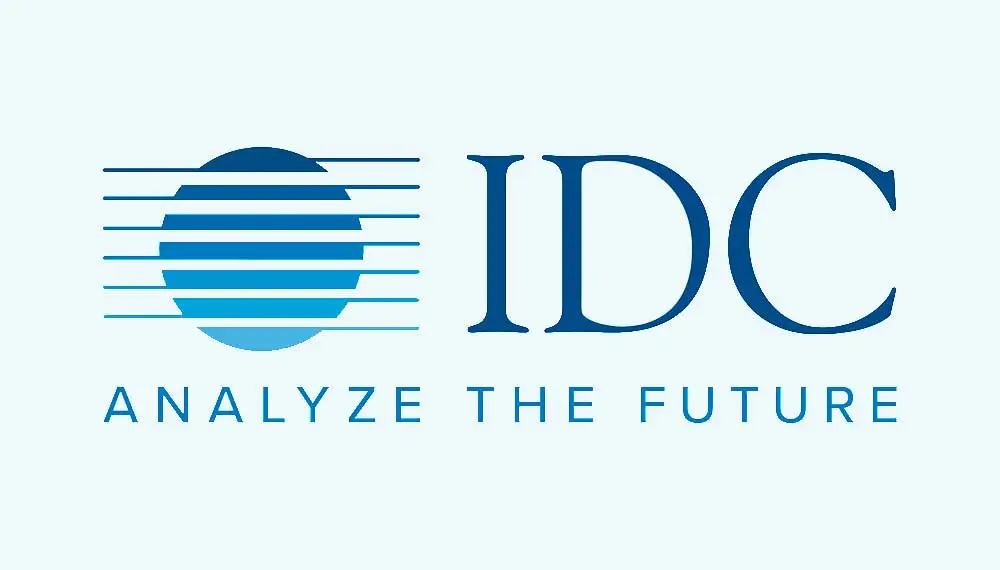As 2024 draws to a close, it’s clear that the telecommunications industry has undergone significant changes. From the shifting dynamics of consumer expectations to the accelerating pace of digital transformation, telecommunications companies (telcos) have faced the dual challenge of adapting to a rapidly evolving market while meeting ever-higher expectations from consumers and businesses alike. Amid these challenges, the industry has seen continued emphasis on enhancing customer trust, streamlining order management processes, and adopting sophisticated digital tools like CPQ and RevOps platforms to optimize sales and revenue operations—all shifts we’ve been watching throughout the year in the market. In this blog, we’ll take a closer look at these key trends that have defined the year in telecom.
Digital Trust from Consumers is the North Star
One of the most significant shifts in the telecommunications industry in 2024 was the heightened focus on digital trust. As digital services and online interactions become the primary mode of engagement for consumers, building and maintaining trust has emerged as a non-negotiable priority for telcos.
Digital trust is multifaceted, encompassing privacy, data security, transparency, and customer-centric service. In a world where data breaches and privacy concerns are at the forefront of consumers’ minds, telecommunications providers understand that their ability to safeguard sensitive customer information is crucial to maintaining loyalty. This shift towards prioritizing digital trust is a direct response to the growing consumer demand for transparency in how their personal data is collected, stored, and used.
In 2024, telcos invested heavily in strengthening their data protection practices and ensuring compliance with privacy regulations, such as GDPR in Europe and CCPA in California. More importantly, they also embraced initiatives that promote transparency—clearly communicating privacy policies and consent options to users, as well as providing easy-to-use tools for customers to manage their data preferences. For telco companies looking to adopt seamless AI, Agentforce presents a reliable and secure option built on the Einstein Trust Layer for data management with confidence.
This emphasis on digital trust extends beyond security. Telcos have increasingly focused on delivering seamless, reliable, and personalized experiences across all digital channels. With digital channels—such as mobile apps, online portals, and social media—becoming primary touchpoints, ensuring a smooth, consistent experience has become central to a customer’s perception of trustworthiness. A growing number of telcos leveraged AI and machine learning to provide proactive customer support, personalized offers, and predictive service alerts, all of which contribute to an overall better customer experience and, by extension, stronger digital trust.
As 2024 comes to an end, it is clear that consumers will continue to gravitate toward brands they trust—trust not only in how their data is handled but also in the overall quality and reliability of the service. This focus on building lasting trust will only grow in importance in the coming years as the digital transformation of telecom continues to unfold.
Order Management Streamlining Remains a Strong Emphasis
Another significant area of focus for telecom companies in 2024 has been the streamlining and optimization of order management processes. As the telecommunications industry becomes more complex—owing to a wider range of service offerings, bundling options, and customer segments—efficient order management has become a key differentiator in delivering fast, accurate, and customer-centric service.
Order management in telecommunications is inherently challenging. Telcos often deal with a multitude of services—mobile, broadband, TV, and enterprise solutions—all with varying terms, configurations, and pricing models. As such, managing these orders across various systems, platforms, and channels can lead to bottlenecks, errors, and delays, all of which impact the customer experience.
In 2024, there was a strong push within the industry to adopt more advanced technologies to streamline order management workflows. One of the most significant developments in this regard was the increased use of cloud-based platforms like Salesforce to centralize and automate order management tasks. Salesforce’s robust suite of tools, including the Salesforce Order Management system, allows telcos to track and manage orders in real-time, integrate with existing CRM and billing systems, and provide a 360-degree view of the customer. This unified approach helps minimize delays, errors, and inefficiencies across the order lifecycle.
Moreover, with Salesforce’s AI-powered capabilities, telcos can predict and prevent order-related issues before they even arise, proactively addressing problems and improving customer satisfaction. By integrating order management with other core business processes, such as sales, inventory management, and billing, telecom companies are able to streamline their operations and reduce operational costs.
These advancements in order management also contribute to improved customer satisfaction. Faster order processing, fewer errors, and more transparent communication create a smoother experience for customers—leading to improved customer loyalty and retention.
CPQ and a Broader Push Toward RevOps Tools Fit for Telco Enterprises
In 2024, the adoption of Configure, Price, Quote (CPQ) tools and broader Revenue Operations (RevOps) platforms was one of the most impactful trends in the telecom industry. Telcos, particularly those offering complex, customized solutions for both consumers and enterprise customers, recognized that they needed more sophisticated tools to manage the entire sales-to-revenue process more efficiently.
CPQ tools help streamline and automate the quoting process by enabling sales teams to quickly generate accurate, tailored pricing for services and bundles. As telcos move toward more customized offerings—whether it’s bespoke enterprise solutions or advanced mobile plans—CPQ technology ensures that sales teams can respond rapidly to customer requests while maintaining accurate pricing models that reflect real-time offers, promotions, and inventory.
However, the full potential of CPQ was realized when integrated with a broader RevOps strategy—ensuring alignment between sales, finance, and customer success teams throughout the entire customer lifecycle. This is where Salesforce Revenue Cloud became a game-changer for many telcos in 2024. Revenue Cloud, which includes CPQ, contract lifecycle management, billing, and revenue recognition tools, allows telecom providers to connect all the dots between their sales, finance, and operational functions.
For telcos, this integrated platform enables end-to-end visibility into customer transactions and allows for greater agility in managing complex revenue models. Whether managing recurring billing, one-time charges, or special promotions, Salesforce Revenue Cloud provides a single platform to automate and optimize these processes, reducing manual intervention and errors. Moreover, by leveraging AI-driven insights, telcos can better forecast revenue, manage cash flow, and adjust their strategies in real time based on changing market conditions.
In 2024, this holistic approach to revenue operations has allowed telecom companies to boost operational efficiency, enhance sales productivity, and improve revenue accuracy. The ability to respond faster to market demands and customer needs has been a key driver of success for telcos in an increasingly competitive industry.
As 2024 wraps up, it’s clear that the telecommunications industry has continued its journey toward digital transformation with an emphasis on building trust, streamlining operations, and leveraging advanced tools to optimize revenue generation. The importance of digital trust cannot be overstated, as consumers continue to expect transparency and security in their interactions with telecom providers. Meanwhile, the continued focus on optimizing order management and adopting platforms like Salesforce ensures that telcos can keep up with growing complexity and deliver a more seamless experience to their customers.
Finally, the widespread adoption of CPQ and RevOps tools, exemplified by Salesforce Revenue Cloud, has empowered telecom companies to better manage their sales and revenue operations, driving greater efficiency and boosting profitability. With these foundational changes in place, the telecom industry is well-positioned to tackle the challenges and opportunities that lie ahead in 2025 and beyond.






















































0 Comments